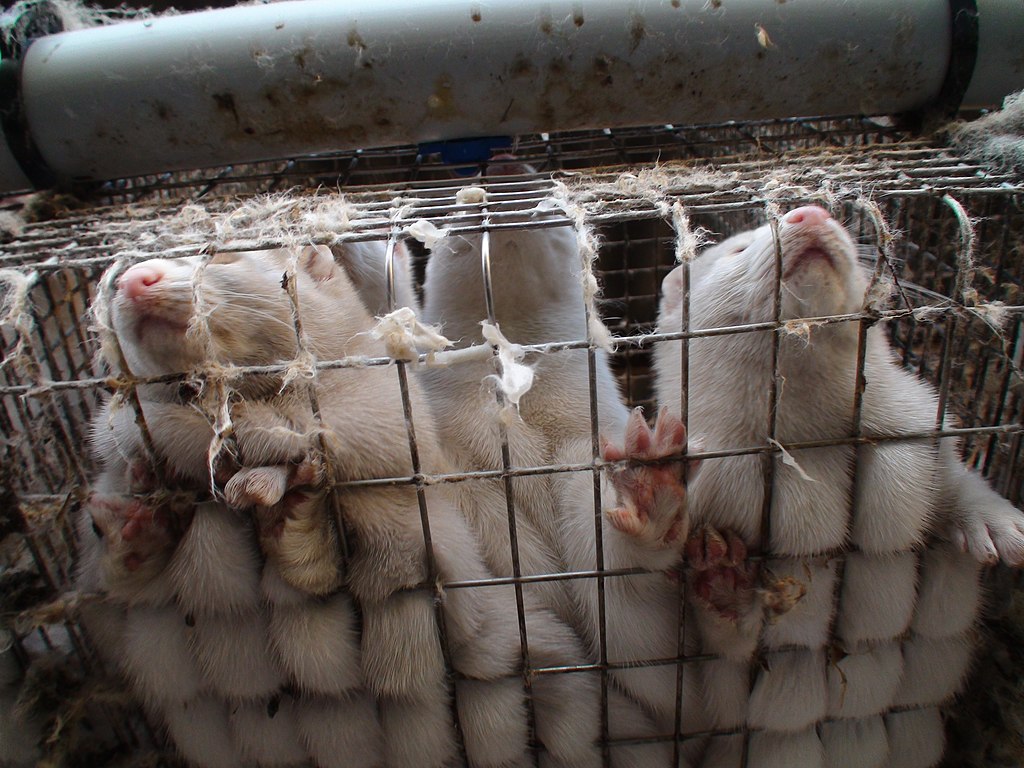In the most successful European Citizens’ Initiative on animal welfare, more than 1.5 million citizens called on the European Commission to make the EU fur-free. Although fur is becoming increasingly unpopular, some EU member states still allow animals to be bred for this purpose, affecting their welfare and potentially human health.
Europe is one of the world’s largest fur producers, along with China. However, the industry has declined in the past decade, with annual mink production falling from 45 million in 2014 to 12 million in 2021, Eurogroup for Animals reports.
Fur Free Europe
The Brussels-based animal welfare lobby group is one of the organisers of the European Citizens’ Initiative (ECI) Fur Free Europe, along with numerous animal welfare organisations from various member states.
A delegation met with the European Commission at the end of July to explain the importance of a harmonised ban on fur farms and the placing of farmed fur products on the European market.
As the Covid-19 pandemic showed, fur farms pose a significant risk for the spread of zoonotic diseases, putting both humans and animals at risk. A ban on placing farmed fur products on the EU market will ensure that fur produced under similarly cruel conditions in third countries cannot be sold in the EU.
Full or partial ban
So far, 19 European countries, including 14 EU member states, have fully or partially banned fur farming on animal welfare and public health grounds. ECI organisers say it is a clear sign that the practice cannot be justified.
The demand to ban fur farming was also recently reiterated by a majority of member states at the most recent Agriculture and Fisheries Council and publicly supported by several MEPs.
By the end of 2023, the European Commission will publish a proposal to improve EU animal welfare legislation to align it with the latest scientific evidence. This should include a ban on fur farming. The Commission will formally respond to the ECI by mid-December, after the autumn hearing in the European Parliament.
Avian flu
Finland and Poland are the EU countries with the most fur farms. Lithuania, Greece and Spain complete the top five after Covid-19 outbreaks on farms forced Danish farmers to cull their animals. However, Denmark is considering lifting its temporary ban on mink farming. More recently, Spain and Finland have had to cull mink and foxes due to avian flu.
Fur farming has been fully or partially banned in Austria, Belgium, Bosnia and Herzegovina, Croatia, the Czech Republic, Estonia, France, Italy, Ireland, Latvia, Luxembourg, Malta, the Netherlands, North Macedonia, Serbia, Slovakia, Slovenia and the UK.
(Belga)
